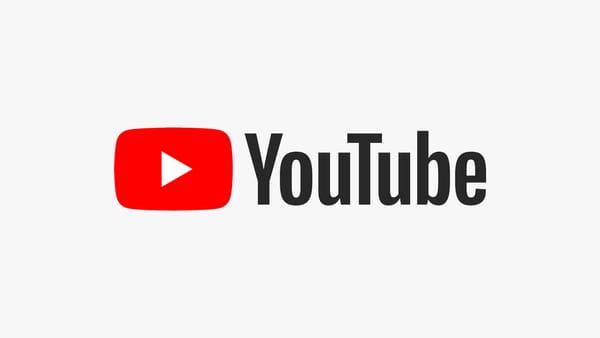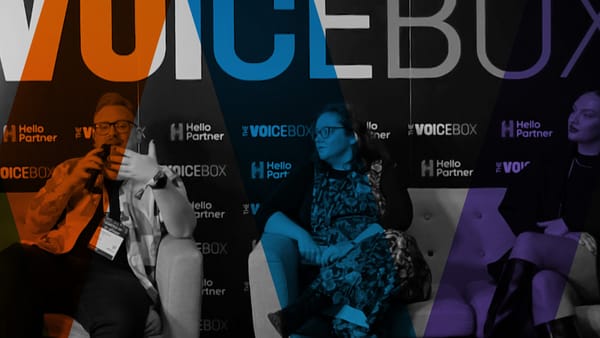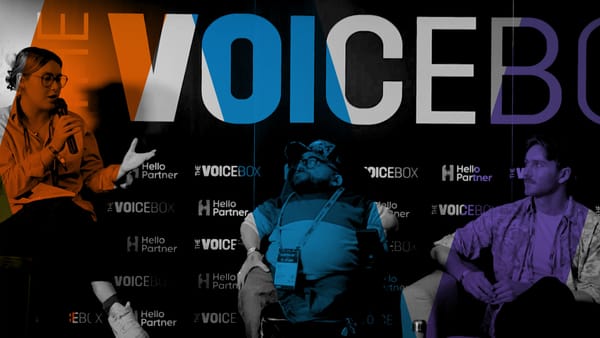Whether you love it, loathe it, or you’re yet to delve into the world of Clubhouse, the success of the app since its launch is undeniable. Since Clubhouse hit the market less than a year ago, it is now worth over $1 billion, and as of February 2021, boasts more than two million unique users. This quick growth is no surprise when we discover that centi-billionaire Elon Musk hosted a chat on the app that maxed out the conversation room limits propelling Clubhouse to the top of the startup charts.
How does the audio-only app work?
Currently only available to those with iOS, Clubhouse allows its users to host ‘live podcast’ style content. Differing from live features on apps such as TikTok and Instagram, discussions on Clubhouse are audio-only – perfect for those who are working from home and don’t want to get glam to share their thoughts and feelings online.
When you are in the app, which is free to download and use, you can enter rooms to listen to discussions between users, and you can start your own for others to join. The app allows you to collaborate with other users to host chats on different topics – you can also have private rooms and chat with people one on one.
Moderators host the chat rooms on Clubhouse, if you want to speak you can ‘raise your hand’, and the moderator or host with either accept or decline. Moderators also monitor the rooms for any discriminatory or aggressive behaviour. There is no obligation however to speak in a room, as users are welcome to listen to conversations as they would listen to a podcast.
What can you talk about on Clubhouse?
The world is your oyster in terms of conversation topics. Rooms have been hosted recapping sports matches, musicians have collaborated, philosophy has been discussed, users have even been found meditating together. Users are able to schedule chat rooms, and you can follow users based on your interests to make sure that you have access to the rooms you’re interested in.
Clubhouse founders, Paul Davison and Rohan Seth, two entrepreneurs and alumni of Stanford University shared in a blog post that they are aware of users utilising the app on a huge scale. They said, “In December, forty strangers who met on Clubhouse auditioned, rehearsed, and hosted a full-blown musical production for thousands of people that made national headlines.”
What is next for Clubhouse?
Although Clubhouse is currently invite-only, meaning you need to know someone who is a member of the app and hasn’t used up all of their invites before you can be let in. According to the team behind the app, the invite-only feature isn’t permanent and was put in place during the beta stages to limit the number of people joining the service so that it could cope with the demand.
So looking forward, we can expect Clubhouse to be available to an increased number of social media enthusiasts. As well as ditching the invite-only entry, the developers behind the app are working on launching the app to Android users as soon as possible.
After reviewing the success of the app during its first year, another huge step in the development of the app is for creators to be able to monetise their chatrooms.
Founders Paul and Rohan have said: “Creators are the lifeblood of Clubhouse, and we want to make sure that all of the amazing people who host conversations for others are getting recognized for their contributions. Over the next few months, we plan to launch our first tests to allow creators to get paid directly—through features like tipping, tickets or subscriptions. We will also be using a portion of the new funding round to roll out a Creator Grant Program to support emerging Clubhouse creators.”
The aim for these monetisation tools is that creators will get paid directly, allowing Clubhouse to enter the sphere of social media apps that enable creators to earn a living from producing and sharing content.









